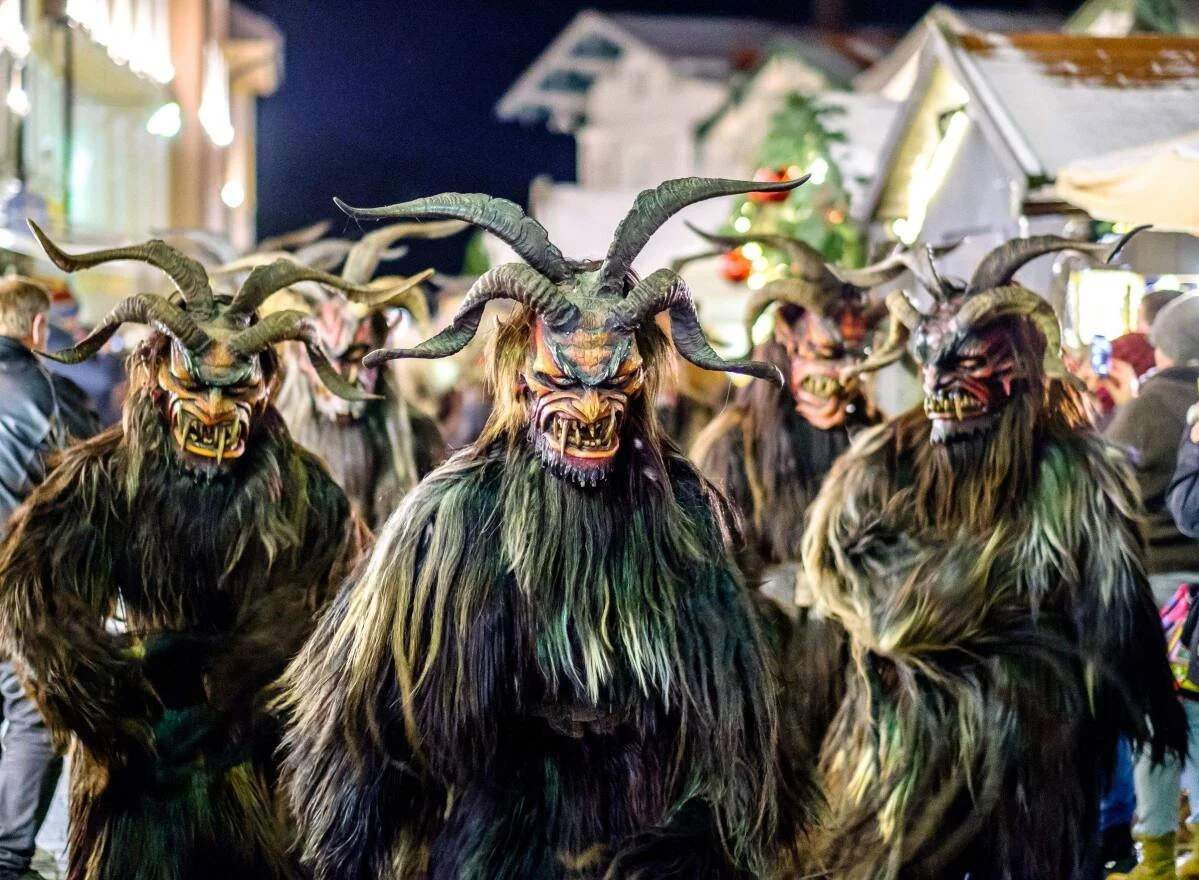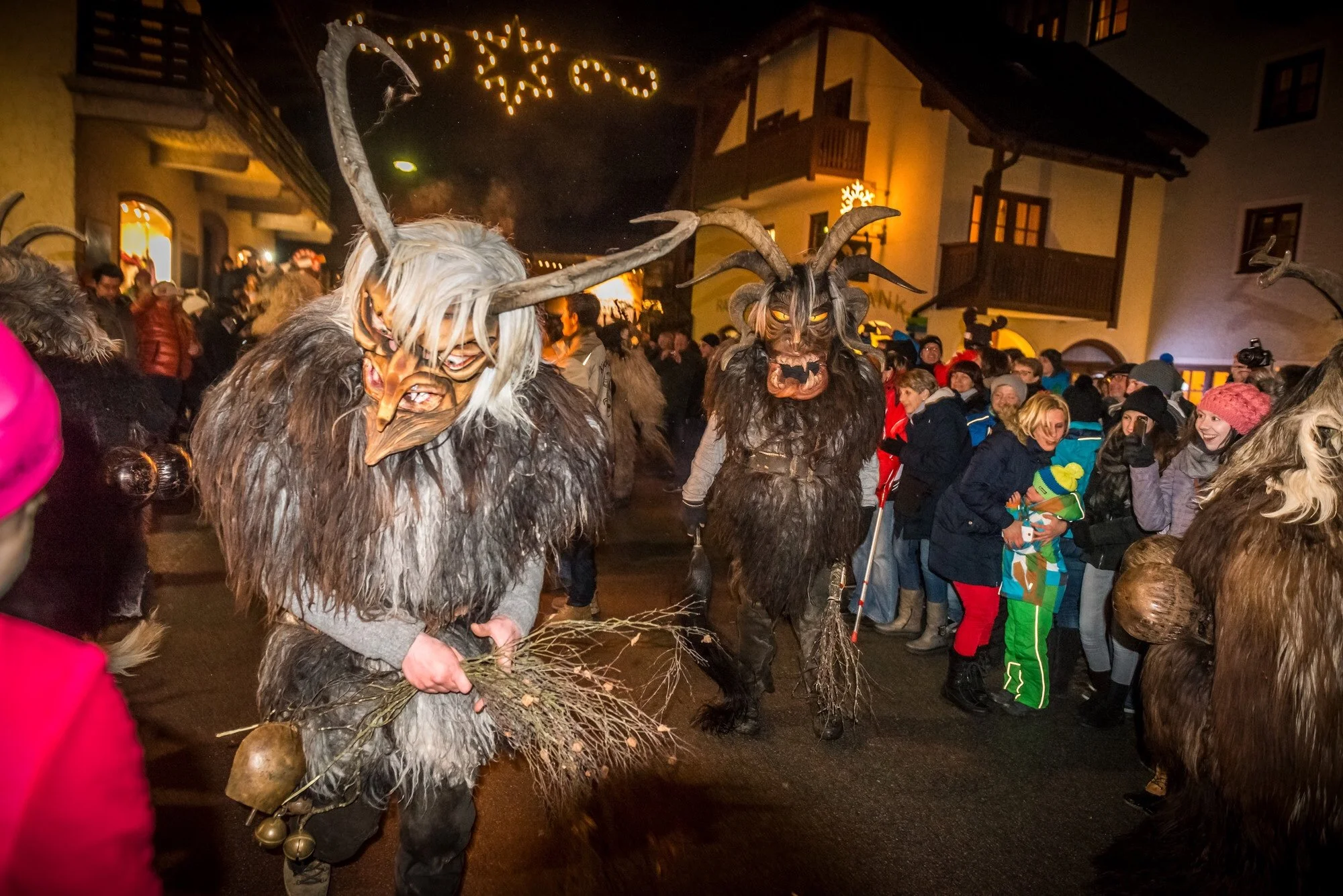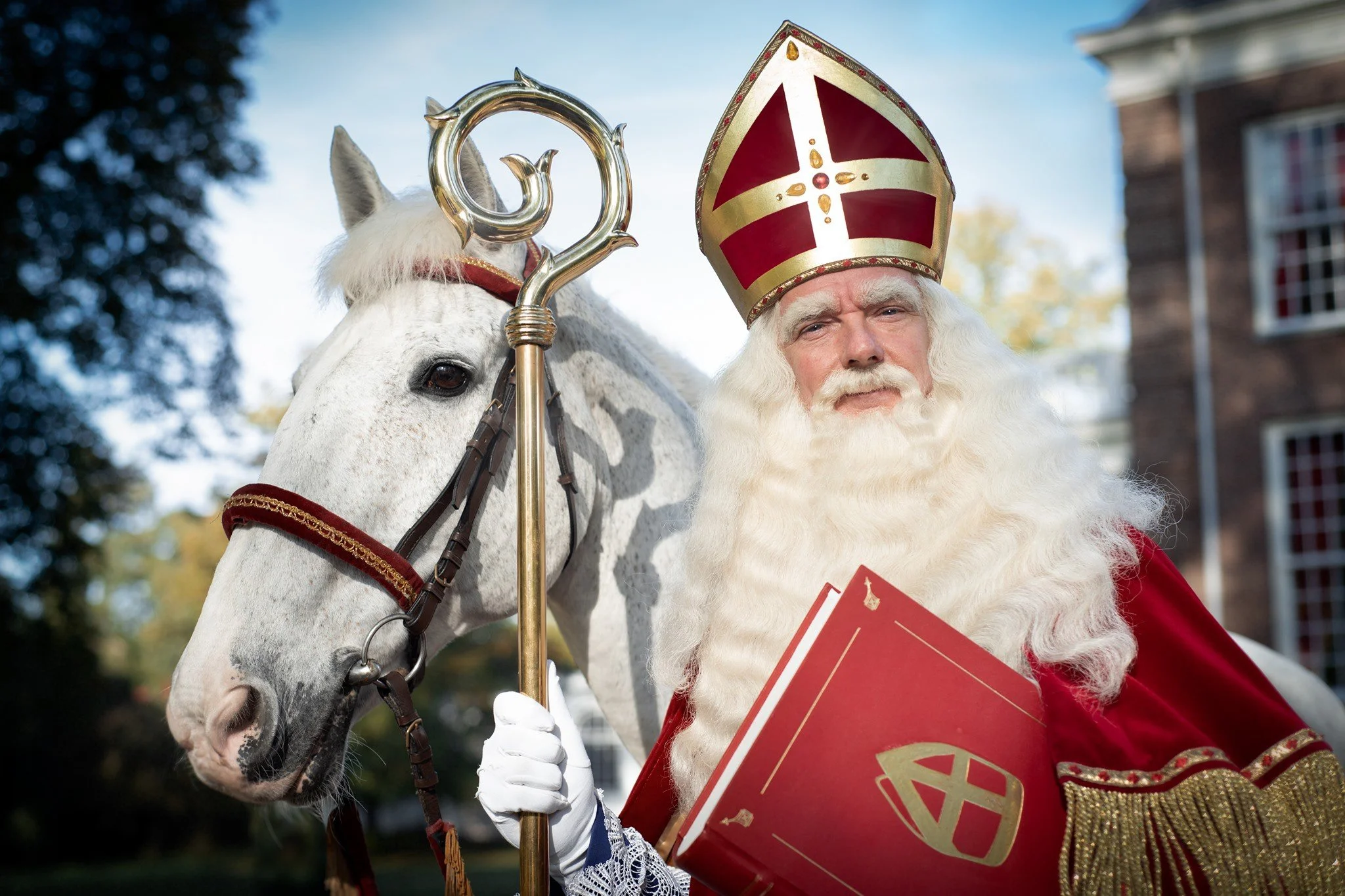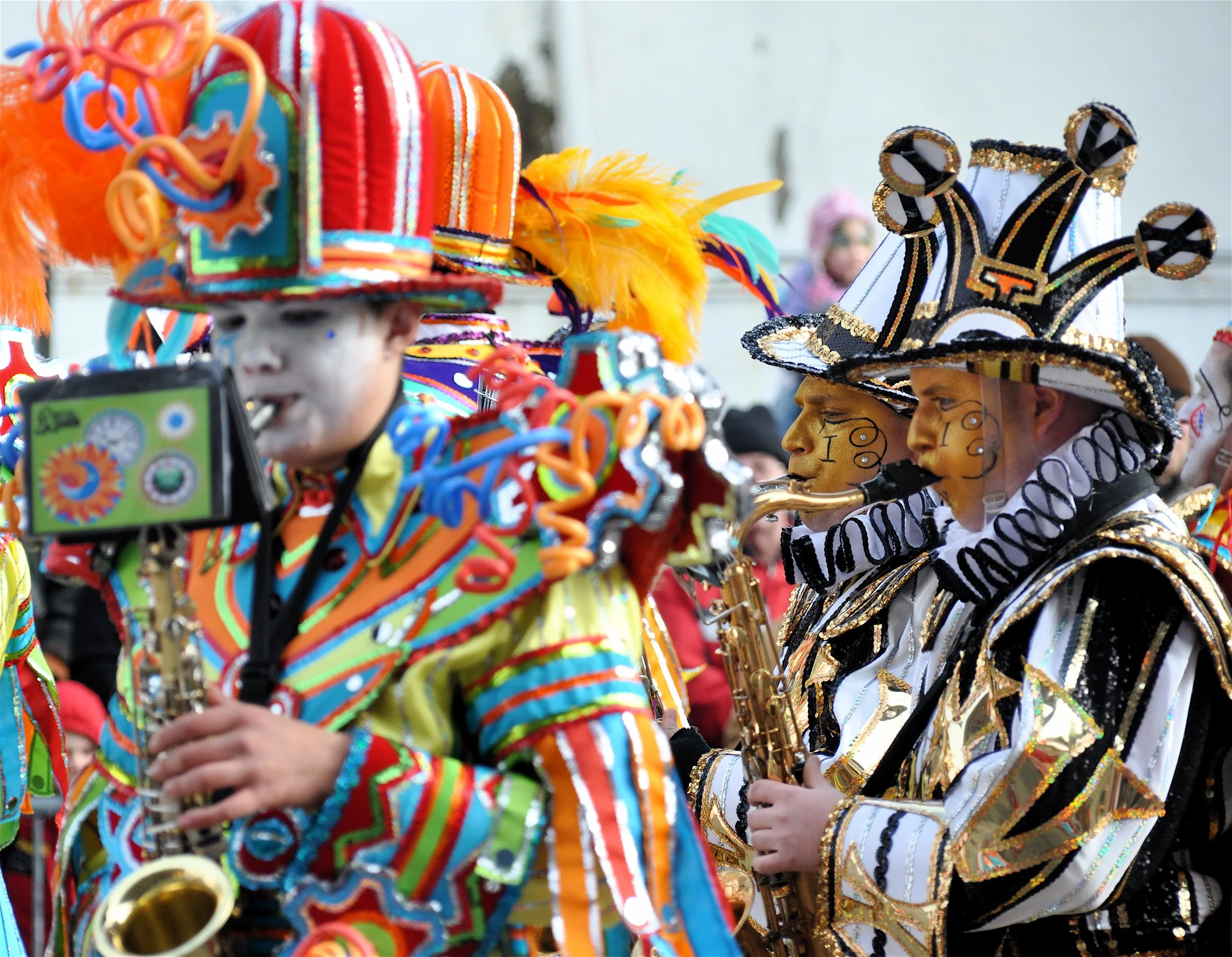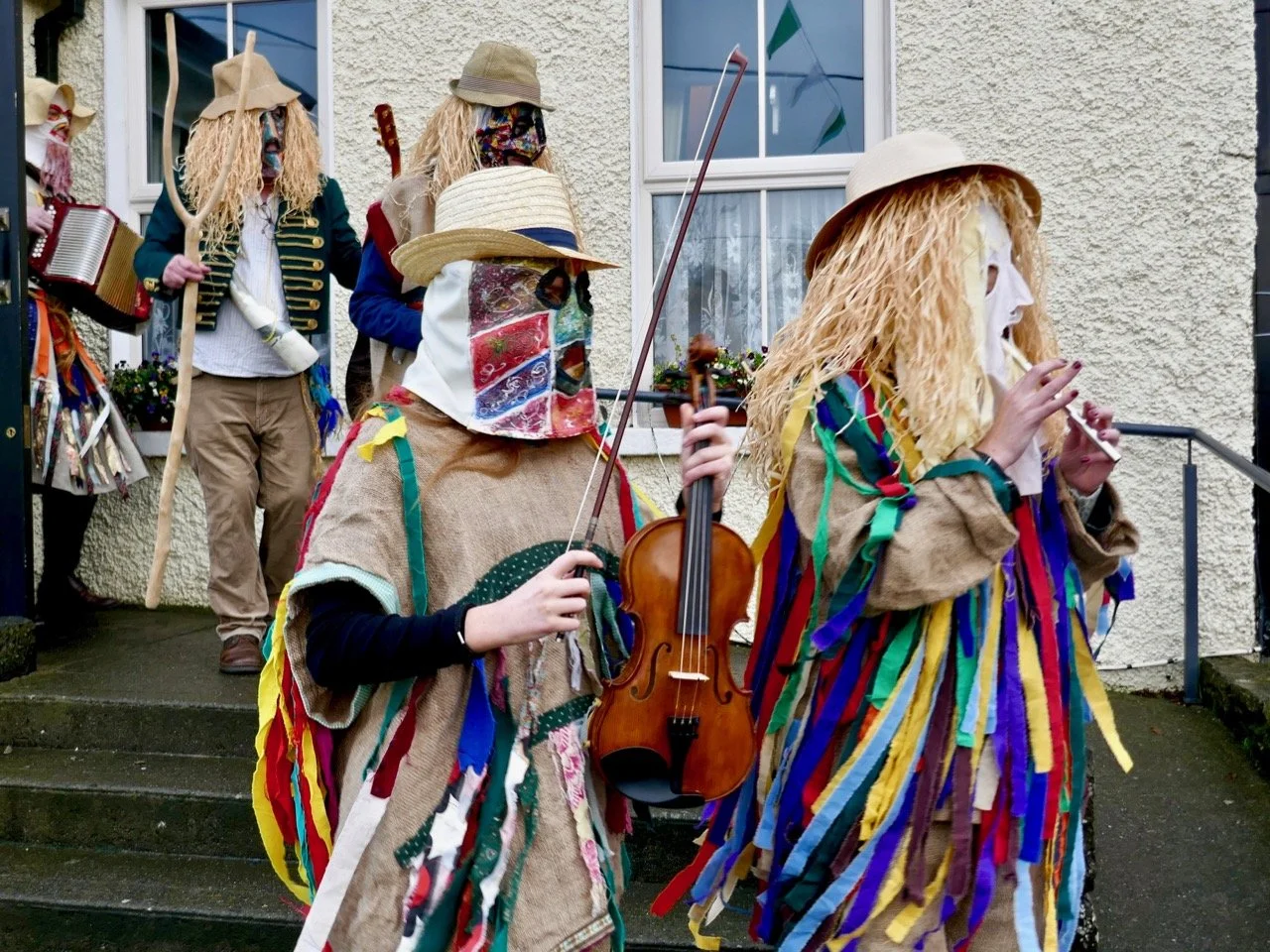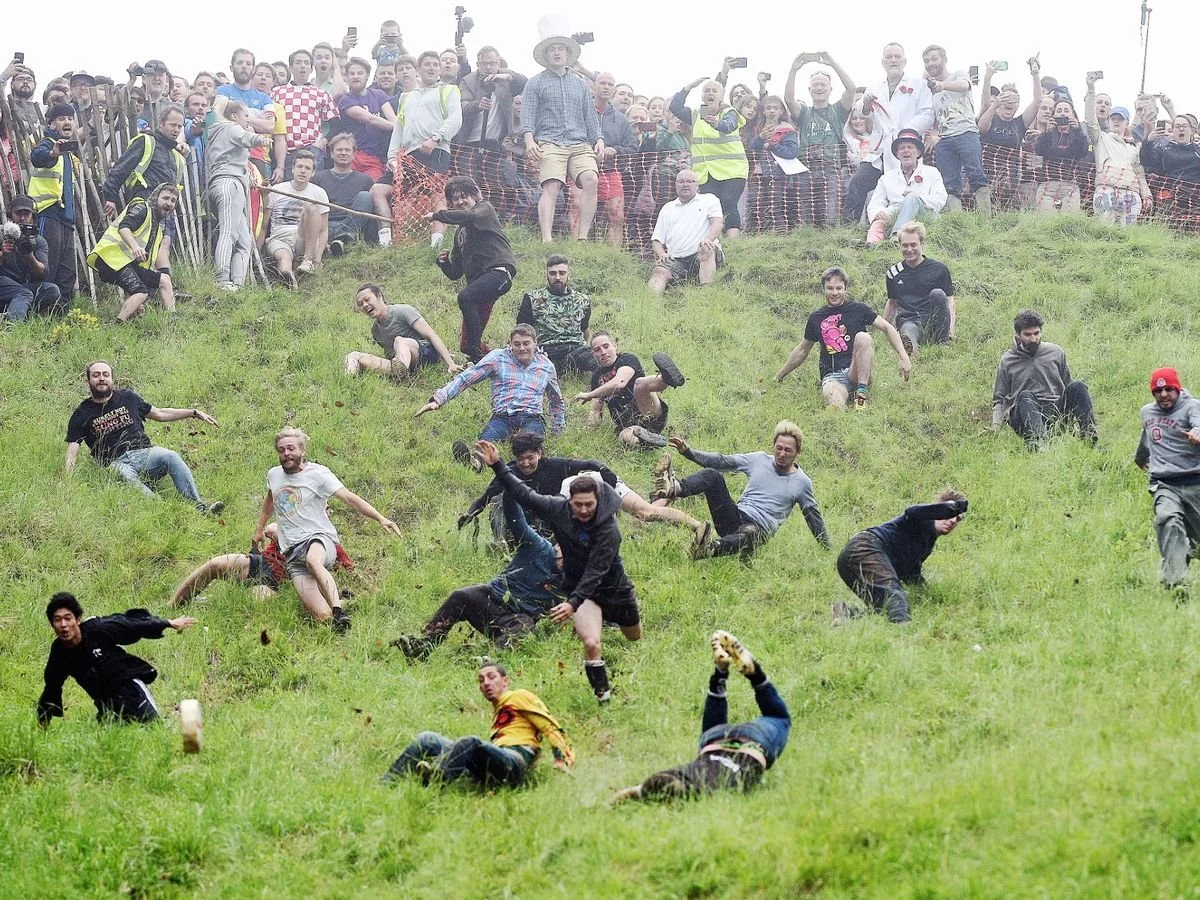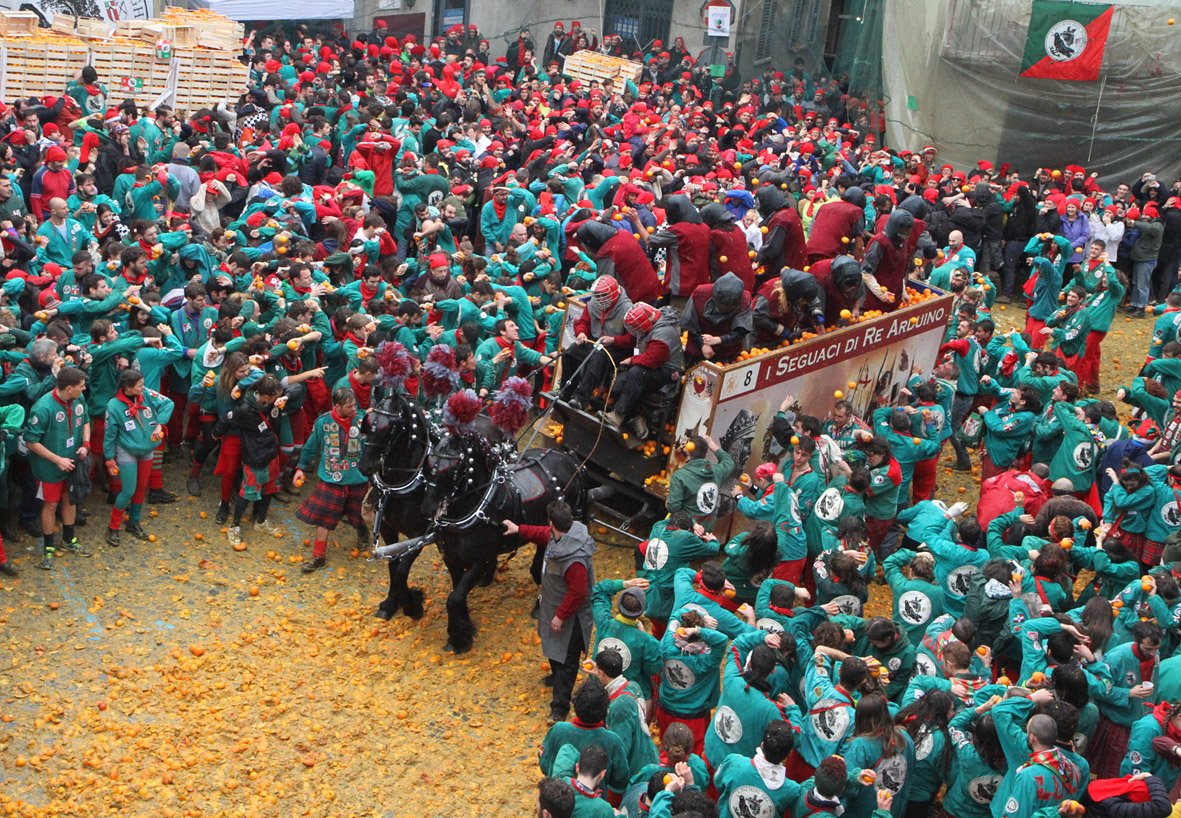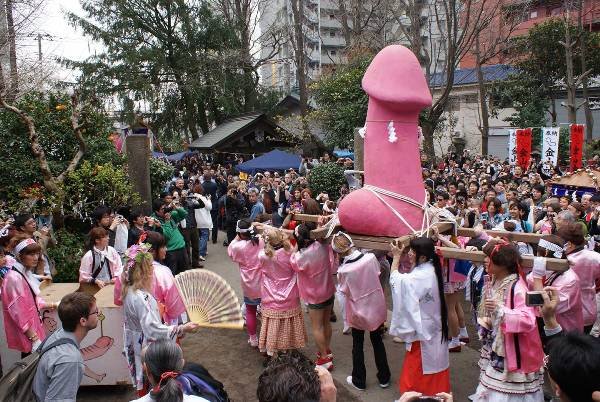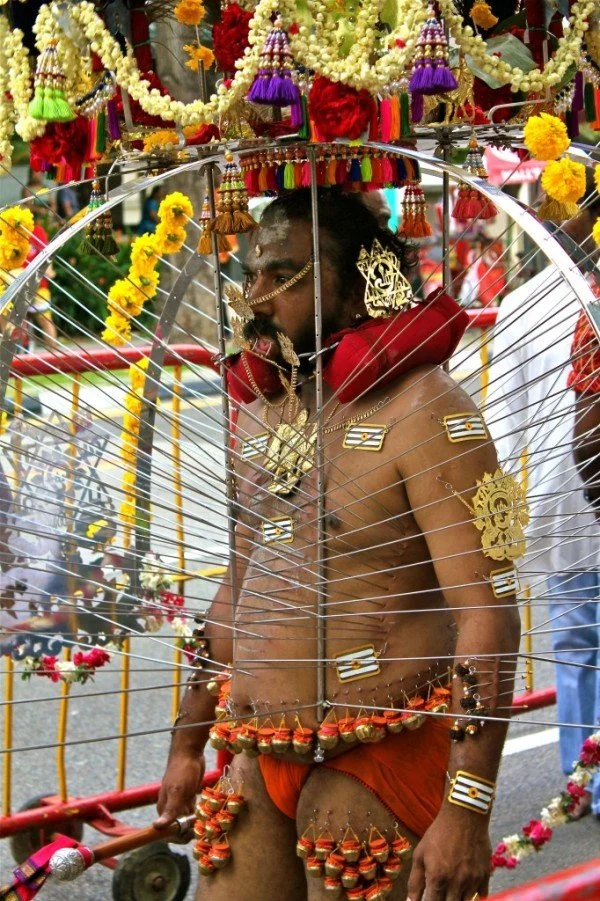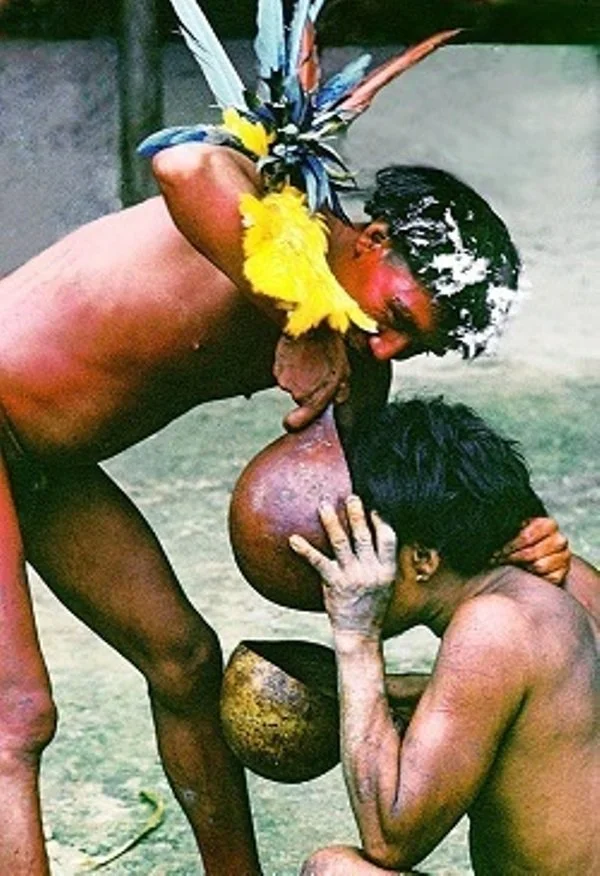By The Landlord
“Tradition is just peer pressure from dead people, William.” – Laura Greenwood, Fangs For Nothing
“Tradition is the illusion of permanence.” – Woody Allen
“There is no creation without tradition; the 'new' is an inflection on a preceding form; novelty is always a variation on the past.”― Carlos Fuentes
“Nice customs curtsy to great kings.” – William Shakespeare, Henry V
“Tradition is not the worship of ashes, but the preservation of fire.” – Gustav Mahler
“Tradition: one of those words conservative people use as a shortcut to thinking.” – Warren Ellis
“Tradition: that’s what they call the chains that bind one to a fatuous past.” – Marty Rubin
“Traditions have been replaced by lifestyles.” – Lars Svendsen, A Philosophy of Boredom
“Christmas is built upon a beautiful and intentional paradox; that the birth of the homeless should be celebrated in every home.” – G.K. Chesterton
Well, you know, it’s traditional. So that might mean carrying a huge effigy of a penis through the streets, flinging fruit or paint at each other, tossing toddlers off high buildings and lovingly catching them in blankets, dressing up and parading as monsters, running down the streets chased by bulls, setting fire to things, unburying the dead to celebrate life, dancing with corpses, or carrying a lopped tree into your house and buying presents that you can't really afford for others who don't really want or need them. Which is the most ridiculous, or wonderful? Traditions are very much a human thing, variously noble, ceremonious, serious, painful, pleasurable, comical, anarchic or absurd, all designed and started by someone to keep society’s glue, culture, economy, or system of hierarchical control intact.
But where would we be without them? Rootless or free? Traditions are all sorts of things to all sorts of people, but one thing’s for sure – they fill every aspect of our lives, from the long canon of creative culture – music, literature, art – to religion, commerce, sport, politics, and social life. It’s hard to escape them, not be embroiled or affected by them from birth. But what is a tradition, and how long does it take anything to become traditional?
A tradition is defined as transmission of customs or beliefs from generation to generation, or the fact of being passed on in this way. And there also seems to be some sorted of collective behavioural pattern required – it needs a group of people to establish this as some kind of accepted repetitive tradition. But how long is generation? A sporting or musical generation might be far shorter than a full-life one.
“It takes an endless amount of history to make even a little tradition,” wrote the novelist Henry James. But how long is that? Centuries? Decades? Or just a few years? Here at the Bar, in a relatively short period of time, we certainly have things that could be described as traditions - aside from creating thematic playlists, breaking out into puns at 11pm on a Monday night, having a drink and snack of the week, and, aside from sharing a huge amount of musical knowledge and connected thinking, generally being convivial. Is this a tradition, or just a passing fad in the history of the internet?
James also adds that “a tradition is kept alive only by something being added to it”. Meanwhile: “Tradition is a guide and not a jailer”, adds Somerset Maugham. So traditions are a something to use, are also always evolving, affected by a changing society’s values and needs. There are all sorts of practices of the past - from Inca human sacrifices to European bear-baiting, or for example, in parts of Gujarat, Maharashtra and Karnataka in India, where there is no country with a richer or more colourful source of traditions, toddlers were tossed from the roof of temples up to feet above the ground to be caught in a blanket held out by devotees. This long-held practice was thought to bring good luck to the child, but rather than character building, the trauma level led human rights activists to ban this centuries-old tradition 2011. The same happened to the debilitating foot-binding of girls and young women in China, phased out in the 1940s.
Some traditions need amendment, and others need removing entirely. As Yung Chang writes in her extraoridinary autobiography Wild Swans “Both my mother and father regarded a traditional ceremony old-fashioned and redundant. Both she and my father wanted to get rid of rituals like that, which they felt had nothing to do with their feelings. Love was the only thing that mattered to these two revolutionaries.”
How then might this topic come up in song? By being centred on colourful or strange traditions, for a start. It’s a wide open one this week, and as one coming before Christmas, that’s one of that could well come up in your song choices, but with Christmas not just a mention of it, but what would be required is more details of traditional aspect of it, what makes a tradition, in practice, behaviour or psychology, rather than just being generally songs about Christmas, or any other festival. So perhaps different international forms of Christmas traditions might get a mention such as the scarily exciting Krampuslauf in Austria, Bavaria, and Switzerland, where the evil Santa-related figure acts as a warning to children.
Suffer little children: Krampuslauf in Austria
Or perhaps there’s Christmas with another style, the Dutch Sinterklaas, who is a bishop-cross of a Santa figure, is based on the Saint Nicholas (270–343), a Greek bishop of Myra in present-day Turkey, with his own procession, traditionally riding on a white horse.
Sinterklass – a Dutch Santa-bishop hybrid
Talking of processions, what about mummering, practised in some parts of the UK, Newfoundland and Labrador, and Ireland where in tradition which is now around 200 years old, groups dress up a series of colourful masked characters visiting houses to dance or play dice in silence through the 12 days of Christmas. “Momerie” was also a big tradition between 13th and 16th centuries, and in Philadelphia, there’s a huge New Year’s Day Mummers Parade, variously representing five categories - Comics, Wench Brigades, Fancies, String Bands, and Fancy Brigades. Any songs about this on offer?
Mummers Parade
Of course there are many forms of music that are traditional, but this is a lyric-based topic, not a music style one, otherwise we might have the whole folk canon on our hands. But if a song describes a particular tradition in some detail, it certainly might count. Most songwriting comes from storytelling, oral traditions passed in fireside, pub or group gatherings. “I like narrative storytelling as being part of a tradition, a folk tradition,” says Bruce Springsteen.
The novelist Irvine Welsh has dropped into the Bar to add his thoughts. “I grew up in a place where everybody was a storyteller, but nobody wrote. It was that kind of Celtic, storytelling tradition: everybody would have a story at the pub or at parties, even at the clubs and raves.” Arguably this sort of activity is the very root of songwriting, and something that could also come up in this week’s topic. Woody Guthrie was something of a traditionalist who added his own twist. Arlo Guthrie meanwhile has this take on what changed in songwriting in another, bigger way. “With the advent of radio and recording, music became an industry rather than just a tradition.”
There are many other traditions that might come up in your song choices. Fancy a bit of cheese-rolling in Gloucester, that wonderful, crazy, two-centuries-old competition to chase a double-Gloucester wheel down the dangerously steep Coopers Hill risking neck or ankle breaks along the way?
Cheese rolling in Gloucester’s Coopers Hill
Traditions are often celebratory of some kind of freedom. Bonfire Night on 5 November in the UK celebrates the failure of Guy Fawkes to and co to blow up the House of Parliament in 1605, but arguably that’s something of a paradox. I’ve been to a huge Bonfire Night in London where a huge model of Parliament was burned down. And there are many variants on this across different parts of the world, on the firework tradition, rooted in all sorts of dubious religious schisms between Protestants and Catholicism, grizzly past traditions to the colourful political satirical effigies seen at the annual Lewes Bonfire Night in East Sussex.
Traditional celebrations are often a replacement for anarchy. The novelist and historian identifies that unrest itself is something in the UK capital city. “Rioting has always been a London tradition. It has been since the early Middle Ages. There's hardly a spate of years that goes by without violent rioting of one kind or another. They happen so frequently that they are almost part of London's texture.”
Aside from setting fire to thing and destroying things, wastefully throwing foodstuffs seems to a thing in the realms of this topic. How about the mass, and Spain’s very messy tradition of La Tomatine, the biggest tomato fight in the world, annually held in the Valencian town of Buñol on the last Wednesday of August? Or the just as juicy Italy’s Carnevale di Ivrea, in which the people of the city of Ivrea recreate a historic fight between the people and a ruling tyrant involving thousands of oranges in the ‘Battaglia delle Arance’
Sticky business: Battaglia delle Arance
In Denmark, on 25th birthdays, those who are still single are showered with cinnamon by friends, and if you’re still unmarried at 30, it’s upgraded to pepper. Talk about seasonal traditions, is this is also added seasoning?
But if you’re lucky enough to meet the man or woman of your dreams things may not improve much. In Bali. before marriage, both bride and groom must endure painful filing of their teeth, traditionally though to ward of evil forces or characteristics such as greed, lust, anger, stupidity, confusion, jealousy and intoxication. I think I prefer the child tooth fairy tradition And reckon I need a drink.
But that’s nothing compared to the pain inflicted on boys coming of age from the Amazonian Satere-Mawe tribe who are forced to trap bullet ants in woven mitts and endure their bites for 10 minutes. Looks like painful antics to me.
Bites of passage. Insert hand, please. It won’t bite. OK it will. Bullet ants in the Satere-Mawe manhood ritual
But is there any more outrageously amusing tradition to celebrate manhood than the Japanese Penis Festival, better known as the Kanamara Matsuri, were a large phallus is paraded through the streets of Kawasak. It is thought this this big solid member counteracts the weaponised vaginal teeth of demoness who seduced men to their deaths. A bit more colourful that dancing around the Maypole, perhaps?
Then there is the Hindu festival of Thaipusam, which observes the victory of Lord Murugan over an evil spirit. Devotees pierce themselves with sharp objects through different parts of their bodies while going into a complete trance, with some pulling vehicles with hooks pierced into their backs. I can’t see myself getting hooked on that idea.
Piercing idea: Festival of Thaipusam
Can it get more brutal? The Amazonian Yanomami tribe prefer not to bury their dead. They believe the no physical trace of the body should be left in order to allow the spirit to rest in peace. So ash and bone powder obtained after cremation is mixed into a plantain soup which is consumed by the deceased's family. By doing this, the Yanomami believe the soul of their lost and loved one will reside within them. That’s really handing down from generation to generation. It sort of reminds me the story of Keith Richards accidentally snorting his Dad’s ashes.
Let’s eat grandma. Members of the Yanomami tribe drink an ashes soup, but where does Keith Richards fit in?
Traditions are colourful, crazy and say lot about society. The more you can do this with your song suggestions, the better. But what else is there to say about them? Our relationship with tradition is a complex one. It’s something we at times cherish but also reject:
“When a tradition has been evolved, whatever the tradition is, the people, in general, will suppose it to have existed from before the beginning of time and will be most unwilling and indeed unable to conceive of any changes in it. They do not know how they will live without those traditions that have given them their identity. Their reaction, when it is suggested that they can or that they must, is panic. And we see this panic, I think, everywhere in the world today,” says the great James Baldwin.
Tradition is arguably both a platform and a burden on society, the source of backwardness but also the foundation of evolution. Richard Dawkins is particularly critical of it on the religion:
“If children understand that beliefs should be substantiated with evidence, as opposed to tradition, authority, revelation or faith, they will automatically work out for themselves that they are atheists.”
But let’s end with a seasonal flavour of tradition in the hands, first, of Charles Dickens, adept at capturing all the gifts and burdens of this Yuletide season with a double-edged perspective, here from The Pickwick Papers.
“Happy, happy Christmas, one that can win us back to the delusions of our childish days; that can recall to the old man the pleasures of his youth; that can transport the sailor and the traveller, thousands of miles away, back to his own fire-side and his quiet home!”
And finally, Garrison Keillor: “A lovely thing about Christmas is that it's compulsory, like a thunderstorm, and we all go through it together.”
Xmas excess, perhaps?
So then, through traditions good and bad, bizarre and wonderful, it’s time to pass this topic over to our very own Santa of the song records, the Marconius, Marco den Ouden. Place your suggestions about tradition in comments below, for deadline at 11pm on Monday UK time, before puns commence, and playlists are published next week. Shall we do this again, sometime?
New to comment? It is quick and easy. You just need to login to Disqus once. All is explained in About/FAQs ...
Fancy a turn behind the pumps at The Song Bar? Care to choose a playlist from songs nominated and write something about it? Then feel free to contact The Song Bar here, or try the usual email address. Also please follow us social media: Song Bar Twitter, Song Bar Facebook. Song Bar YouTube, and Song Bar Instagram. Please subscribe, follow and share.
Song Bar is non-profit and is simply about sharing great music. We don’t do clickbait or advertisements. Please make any donation to help keep the Bar running:

